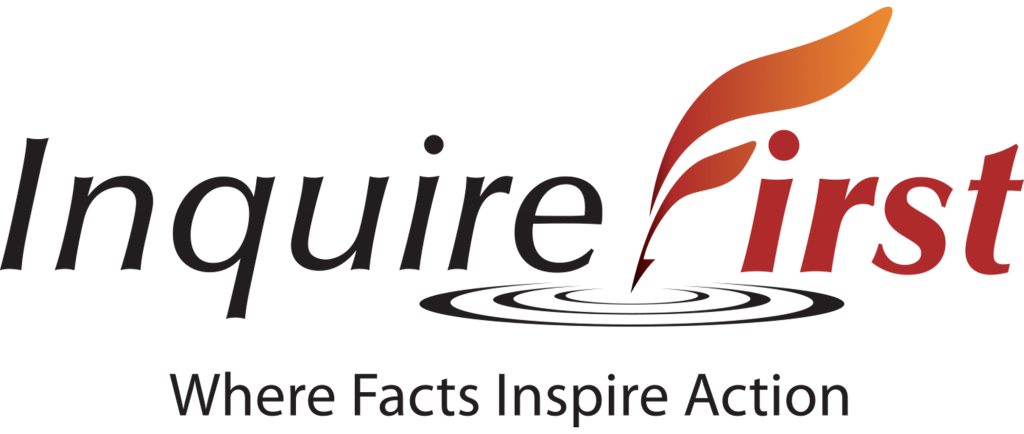
ASUNCIÓN, Paraguay – It’s been two years since Paraguay’s access to information law went into effect and reporters say they are often turned away when they use the law to request documents.
As Paraguay becomes the latest country in Latin America to adopt an access law, some reporters say their requests have been denied and they have been asked why they want the information, a violation of the spirit of the law.
InquireFirst Executive Director Lynne Walker traveled to Paraguay in September 2017 to meet with reporters, editors and government officials about implementation of the law.
During meetings at leading newspapers – ABC Color, Ultima Hora and La Nación — as well as radio and TV stations, some reporters said government officials have delivered requested documents within the 15-day legal time limit, but others said their requests for information had been turned down without explanation.
Walker was in Paraguay on September 28, UNESCO’s International Day for Universal Access. During her visit, she met with Vice Minister of Justice Weldon Black and Controller General Jose Garcia to discuss best practices for implementing the law.

Elida Acosta Davalos, the federal government’s director of access to public information, acknowledged that historically “Paraguay has had a secretive culture” and said, “we are pushing people to use the law.”
“If people don’t ask for information, what’s going to happen? We are going to return to that secretive culture again,” she said.
Since the law went into effect in September 2015, more than 4,000 requests for information have been filed online, with 83 percent resolved. But the budget for Vice Minister of Justice Black’s office is only $20,000 a year.
Journalists in Caacupé, Paraguay, a two-hour drive from the capital of Asunción, said government officials were not trained to handle requests before the law went into effect so they’re often in a quandary about how to respond. Because the officials don’t know how much information to release, they err on the side of denying requests, reporters said.
Walker met with about 50 officials and employees of FOIA units in government information and communication offices and engaged in a spirited Q&A session.
She also talked about fake news, ethics and access to information during a live interview on the program “El Péndulo” conducted by Carlos Peralta in Asunción.
Walker noted that four countries in Latin America and the Caribbean still do not have access to information laws – Venezuela, Bolivia, Cuba and Costa Rica – and she talked about the fundamental importance of an access law to strengthening democracy.
During her week-long visit to Asunción, Walker also instructed a six-hour investigative journalism class at the Universidad Autónoma de Asunción which was attended by about 60 journalists, journalism students and law students.
